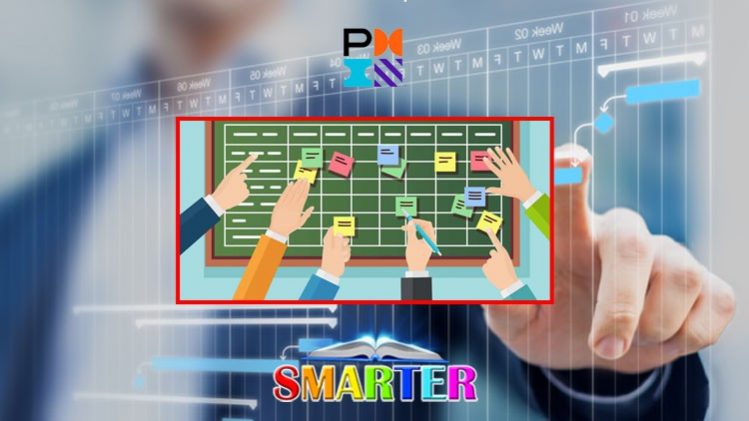
98.7% Pass in First Attempt Easily
This is the first complete bundle of real Scheduling Professional (PMI-SP) Exams
Scheduling Professional (PMI-SP) CERTIFICATION 2021
Real 2021 Scheduling Professional (PMI-SP) Exam simulator
Practical Scheduling Professional (PMI-SP) test environment
PMI Scheduling Professional (PMI-SP) Be PRO Planner
Get Ready to be PMI Scheduling Professional (PMI-SP) based on American project management institute PMI
The Project Management Institute (PMI) ® offers a professional credential for project schedulers, known as the PMI Scheduling Professional (PMI–SP)®. PMI’s professional credentialing examination development processes stand apart from other project management certification examination development practices.
To be qualified for this certification, you need to have a four-year degree and 3,500 hours of project scheduling experience, which is around 2 years of experience. You also need to have 30 hours of formal education in the specialized area of project scheduling.
As a candidate for the PMI Scheduling Professional (PMI-SP), you know there is much more to project scheduling than just the use of tools and technology to build a schedule for your team.
Schedules are a fundamental element of project management yet half of all projects — 50 percent — are not completed within the initially scheduled timeframe according to our 2015 Pulse of the Profession® report.
Projects and teams today are increasingly global and virtual, and project schedules are key to managing activities, resources, dependencies and ultimately, project outcomes. The PMI-SP will recognize your knowledge and skill to drive the improved management of project schedules.
About PMI’s Certification Program PMI offers a comprehensive certification program for practitioners with different levels of education and experience. The certifications are developed and maintained through a vigorous process. The certification program includes: Certified Associate in Project Management(CAPM)® certification PMI Agile Certified Practitioner (PMI-ACP)® certification PMI Risk Management Professional(PMI-RMP)®certification PMI Scheduling Professional(PMI-SP)®certification Portfolio Management Professional (PfMP) ® certification Program Management Professional (PgMP)® certification Project Management Professional(PMP)® certification PMI Professional in Business Analysis (PMI-PBA)® certification PMI’s certifications are distinguished by their global development and application, which makes them transferable across industries and geographic borders. The strength of PMI’s certifications is that they are portable and not tied to any single method, standard or organization. PMI’s certification program is designed to ensure that all certification holders have demonstrated their competence through fair and valid measures. Steps are taken to ensure only the most reliable testing measures are used in the assessment of candidates. For example, interviews can be influenced by how difficult the interviewer tends to be, how well the candidate is performing that day, and even how many questions the interviewer asks along the same line of questioning. PMI certifications are also developed by project management practitioners for practitioners. The certification program is driven by the thousands of certification holders who volunteer to spend time constructing and refining the exam questions used by PMI. These volunteers represent the diversity of PMI’s market, coming from every region of the world, industry, job level and experience level. The exam questions are monitored through industry-standard statistical procedures, also overseen by volunteers. PMI understands the importance of impartiality in carrying out its certification activities, manages conflict of interest and ensures the objectivity of its certification activities. A candidate is assessed by examining his or her competence using: Education and Experience – A combination of education and/or experience in project management is required for each certification. For example, the PMP requires both training specifically in project management and experience in the role of a project manager by leading and directing project teams, while delivering project results. Testing Competence – The candidate is required to apply project management concepts and experience to potential on-the-job situations through a series of scenario-based questions. Ongoing Development – Maintenance of a PMI certification requires the accumulation of ongoing professional development and education or, in some cases, recertification.






